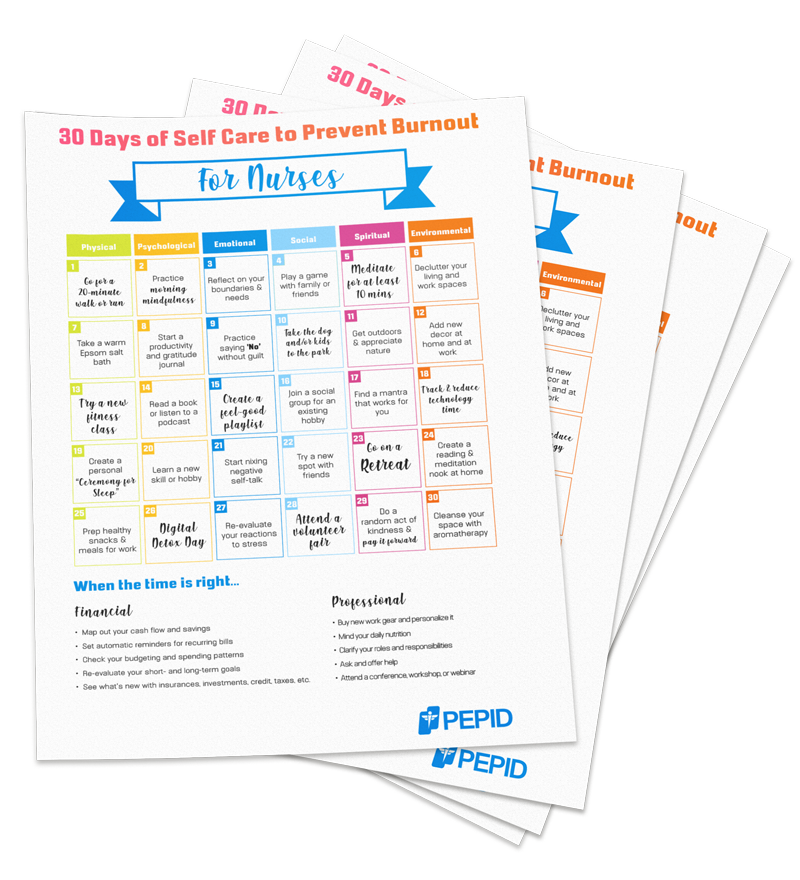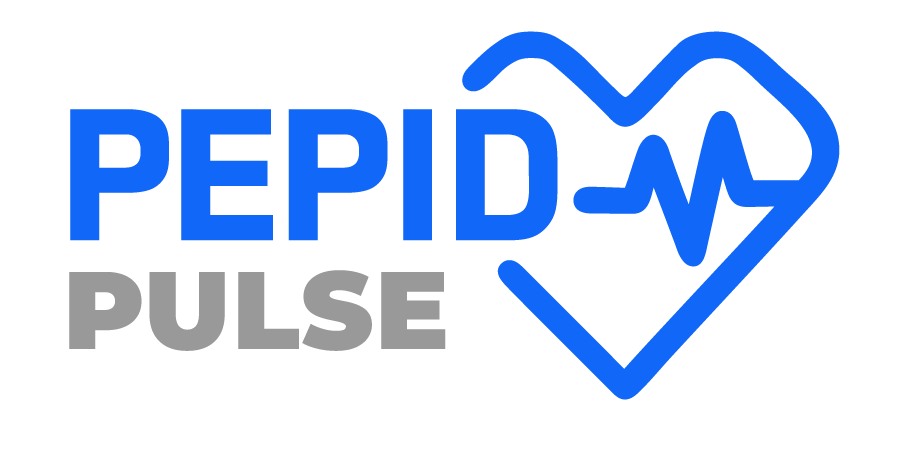Nurses Have it Rough
While a 3-day weekly work schedule and constant hiring demand may sound like a dream, many nurses wage a constant battle against burnout. A 2017 survey of over 600 American nurses between the ages of 25 and 55 revealed 50% have considered leaving the profession due to burnout syndrome, defined by Pines and Maslach (1978) as:
“… a stress induced problem commonly found amongst human service professionals, which is characterized by emotional exhaustion, a reduced sense of personal accomplishment, and depersonalization.”
Burnout Basics: The Sparks and Fans
A number of factors can predispose nurses to burnout:
- Female professionals – Women are more likely to suffer burnout than men due to higher levels of anxiety, and conflicting and/or equally demanding work-life roles.
- High-stress areas – Examples include ER, ICU, and oncology. Compared to typical wards where nurses handle 4 to 5 patients, ER nurses can tend to as many as 50 patients in a single shift. ICU nurses handle even fewer patients than ward nurses do; however, the critical care and complex medication list of a single ICU patient can make for a stressful shift. Oncology nurses form lengthy and emotional relationships with cancer patients and their significant others, which lead to regular acute feelings of loss.
- Long shifts and under-staffing – Twelve-hour shifts (or more, depending on paperwork) and high nurse-to-patient ratios lead to mental, physical and emotional exhaustion. Studies prove the more overworked nurses are, the more dangerous the whole care environment is for nurses and patients alike.
- Constant collaboration – Nursing means constant team work and collaboration. Many professionals find this constant lack of independent decision-making frustrating, and the need to meet social expectations pressuring.
- Altruistic motivation – Nurses who enter the profession with a personal goal to “help others” tend to take their job-related successes and failures more personally.
Common Reasons for Burnout
The most common reasons many nurses are at their breaking point include: feeling overworked (27%), significantly reduced job satisfaction (16%), and paperwork overload (15%). Other reasons include feeling disrespected by hospital and/or nurse administrators (50%), bullying or harassment by peers (45%), and lack of work/life balance (43%).
A 2012 poll revealed about 30% of nurses reported a high burnout or emotional exhaustion score of at least 27. In fact, a separate survey found that nearly half of RNs younger than 30 have self-reports of work-related exhaustion
Two Words: Self. Care.
Reading about self-care is much easier than remembering to take time for it. To help you and your fellow nurses continuously provide the best care to both your patients and yourselves, we’ve created a blank monthly calendar that lists one random act of self-care a day.

Self-Care
“something that you do often or regularly, often without thinking about it” – MacMillan Dictionary
“Care of the self without medical or other professional consultation.” – Dictionary.com
A simple way to think of self-care is putting your face mask on yourself, so then you can assist others.

Selfish Care
Adding more to your ‘to-do’ list to paint a false sense of accomplishment out of menial tasks
Resorting to an ’emergency response plan’ only when stress becomes overwhelming
Being selfish with your time, or cancelling commitments.
The 8 Shades of Self Care
The American Nurses Association’s Code of Ethics states that the moral respect nurses are expected to extend to all human beings “extends to oneself as well: the same duties that we owe to others we owe to ourselves.”
The overall quality of patient care and everyone’s safety in the work environment increases when nurses regularly tend to the following aspects of self-care:
Same Shift, Different Day
Reading about self-care is much easier than remembering to take time for it. To help you and your fellow nurses continuously provide the best care to both your patients and yourselves, we’ve created a blank monthly calendar that lists one random act of self-care a day.

References
Ermak, Lisa. “Beating the Burnout: Nurses Struggle with Physical, Mental and Emotional Exhaustion at Work.” National Nurses United, 27 Jan. 2014, www.nationalnursesunited.org/news/beating-burnout-nurses-struggle-physical-mental-and-emotional-exhaustion-work.
“Importance of Self-Care for Nurses and How to Put a Plan in Place.” Purdue Global, Purdue University Global, 13 Feb. 2019, www.purdueglobal.edu/blog/nursing/self-care-for-nurses/.
Keyrel, Alan De. “The Biggest Causes of Nurse Burnout and What You Can Do.” MedEd Web Solutions, CWS, Inc., 13 June 2018, www.mededwebs.com/blog/well-being-index/the-biggest-causes-of-nurse-burnout-and-what-you-can-do.
LeVeck, Danielle. “Nurse Burnout Is Real: 7 Risk Factors And The Top 3 Symptoms.” Nurse.org, 2 Oct. 2018, nurse.org/articles/risks-for-nurse-burnout-symptoms/.

